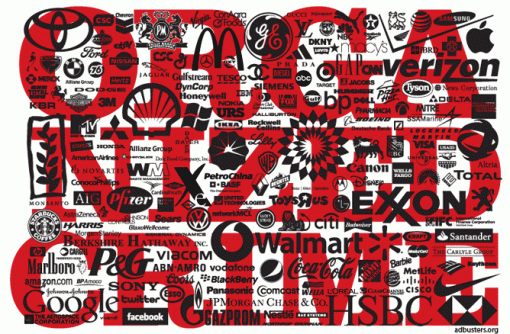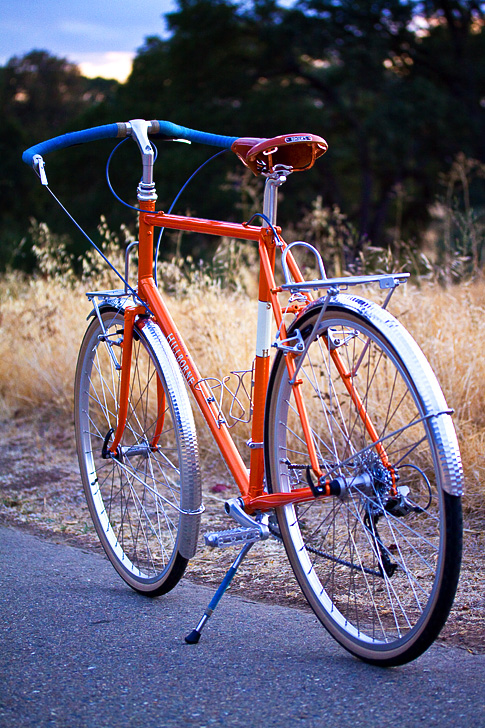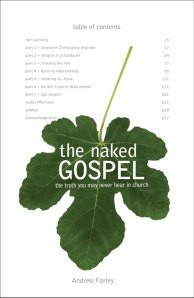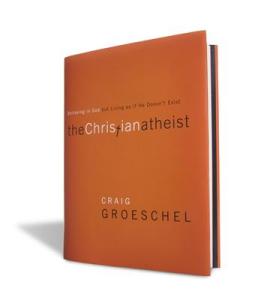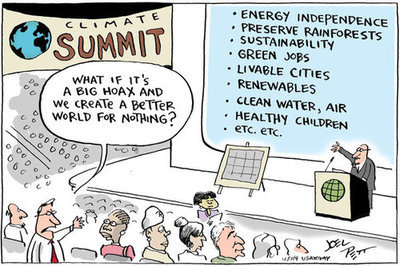I’ll admit I enjoy watching the MoneySupermarket.com commercials. The Iranian comedian, Omid Djalili, has great presence, a great delivery and makes an otherwise dry insurance/banking script pretty amusing.
The interesting thing is how well these commercials work at making a very unfriendly industry appear caring and interested in the individual. Historically, the insurance/banking/investment industry is viewed as being helpful until it is time for them to fulfill the purpose that they serve. They are more than helpful when it comes to signing you up, taking your payment and keeping your protected from the things that you need protecting from, but the moment something goes wrong and you actually need to rely on your insurance, they are known for feeling distant, uncaring and uncompassionate. Omid Djalili and his ability to make you laugh during these commercials helps restore faith in these industries, in this case Money Supermarket. This faith is increased when you realize just how many other things they can do for you.
Watching this last Money Supermarket commercial on TV the other night, made me laugh again, particularly when the woman gets swamped by the broken acquariam. I know, I laugh at pretty juvenille things that 13 year olds find amusing…oh well. But I wasn’t laughing much by the end of the video.
Click here to watch the video.
Maybe I’m being oversensitive, but I struggle with the end message of this commercial. Saving a fortune is better than having your life saved? The embedded message in this commercial is that money is of primary importance in our life, reflected by the fact that they have everyone in the resturant applaud following the closing statement and reflected by the fact that most viewers probably won’t even flinch when they hear that statement.
Saving money is good, but is it better than health, community, close loving relationships, an understanding of God working in your life, better than life?
The irony of this commercial is that it doesn’t actually promote saving money. The commercial is for discount vouchers so that you can spend less money than you would have spent otherwise. So you’re not actually saving money…So the commerical is actually promoting spending money so that you can save money. But if you really wanted to save money, wouldn’t you just not spend it anyways? This spending in order to save has actually spawned a new word in our language, it’s called ‘spaving’.
Instead of being focused on ‘spaving’, we need to be more focused on living simply, decreasing our footprint/impact, living within our means, being satisfied with what we have and taking joy from the blessing we’ve already received.
I think the following poem from Wendell Berry summarizes some of my thoughts, feeling, concerns better than anything I can say and gives me a vision of how I would love to live more ‘simply’:
“Love the quick profit, the annual raise,
vacation with pay. Want more
of everything ready-made. Be afraid
to know your neighbors and to die.
And you will have a window in your head.
Not even your future will be a mystery
any more. Your mind will be punched in a card
and shut away in a little drawer.
When they want you to buy something
they will call you. When they want you
to die for profit they will let you know.
So, friends, every day do something
that won’t compute. Love the Lord.
Love the world. Work for nothing.
Take all that you have and be poor.
Love someone who does not deserve it.
Denounce the government and embrace
the flag. Hope to live in that free
republic for which it stands.
Give your approval to all you cannot
understand. Praise ignorance, for what man
has not encountered he has not destroyed.
Ask the questions that have no answers.
Invest in the millenium. Plant sequoias.
Say that your main crop is the forest
that you did not plant,
that you will not live to harvest.
Say that the leaves are harvested
when they have rotted into the mold.
Call that profit. Prophesy such returns.
Put your faith in the two inches of humus
that will build under the trees
every thousand years.
Listen to carrion — put your ear
close, and hear the faint chattering
of the songs that are to come.
Expect the end of the world. Laugh.
Laughter is immeasurable. Be joyful
though you have considered all the facts.
So long as women do not go cheap
for power, please women more than men.
Ask yourself: Will this satisfy
a woman satisfied to bear a child?
Will this disturb the sleep
of a woman near to giving birth?
Go with your love to the fields.
Lie down in the shade. Rest your head
in her lap. Swear allegiance
to what is nighest your thoughts.
As soon as the generals and the politicos
can predict the motions of your mind,
lose it. Leave it as a sign
to mark the false trail, the way
you didn’t go.
Be like the fox
who makes more tracks than necessary,
some in the wrong direction.
Practice resurrection.”
— Wendell Berry
